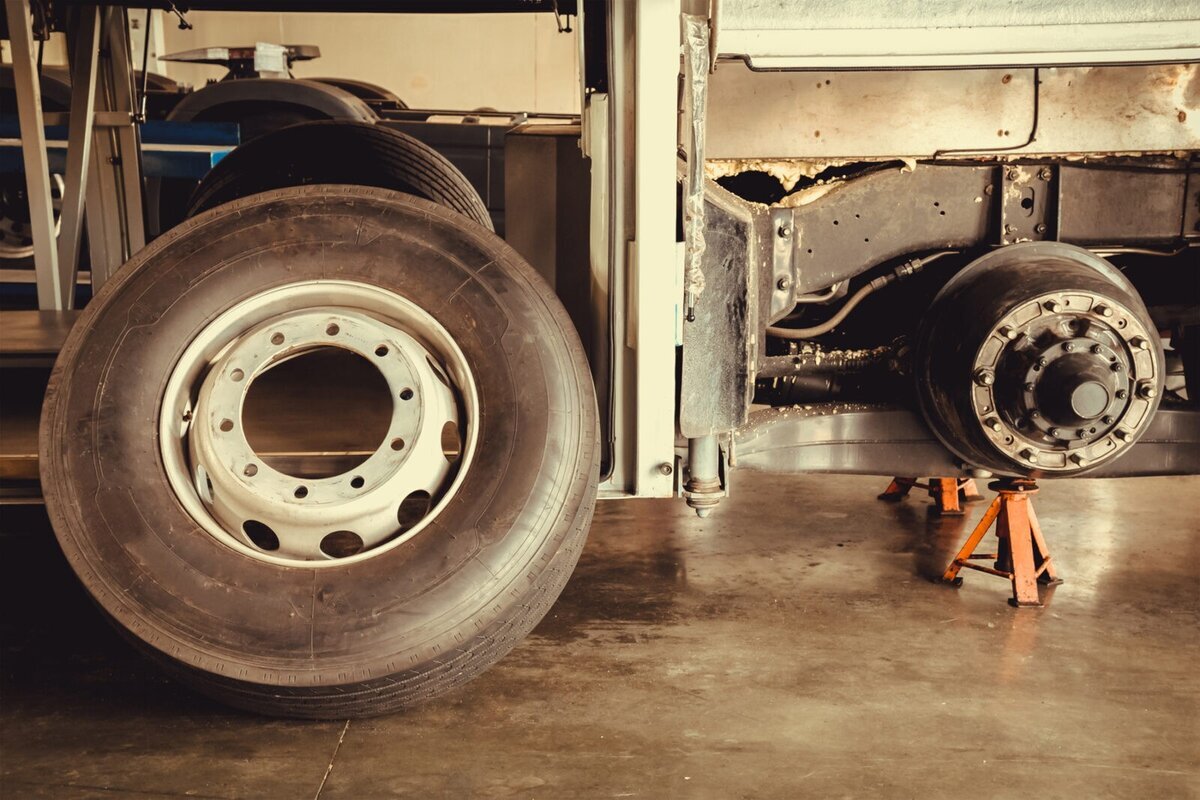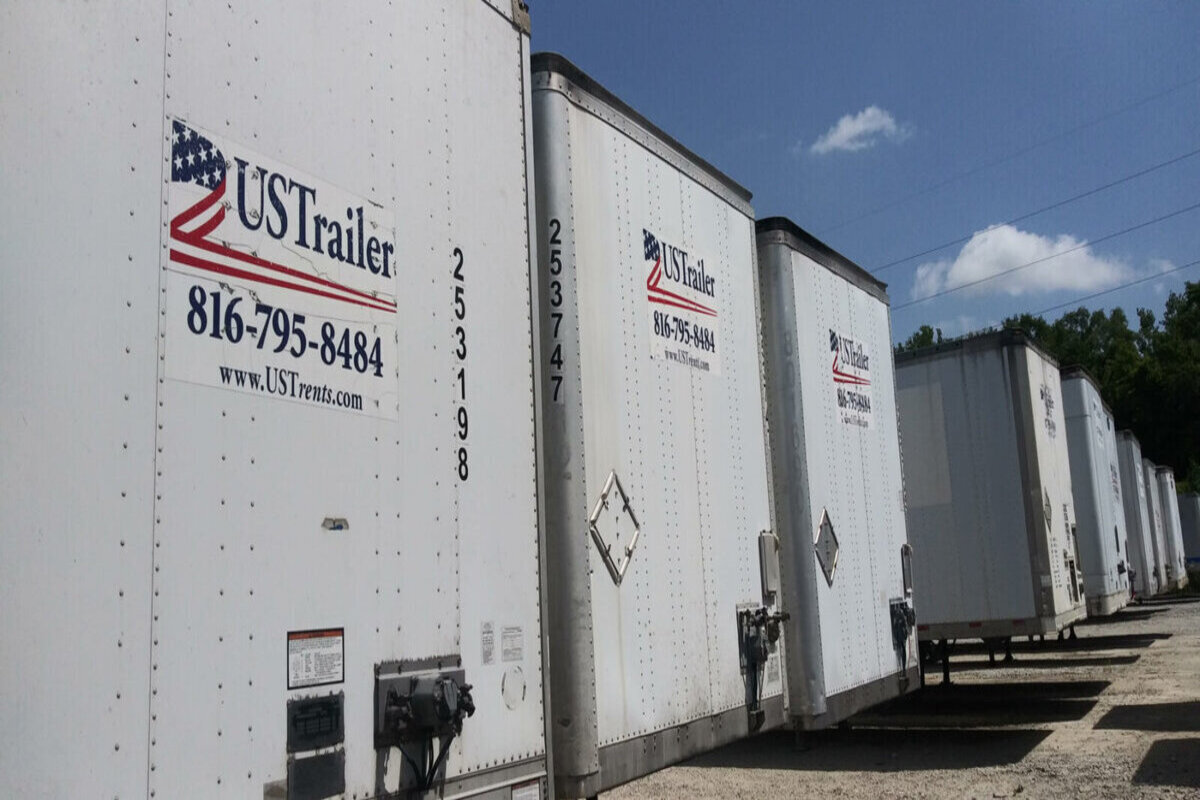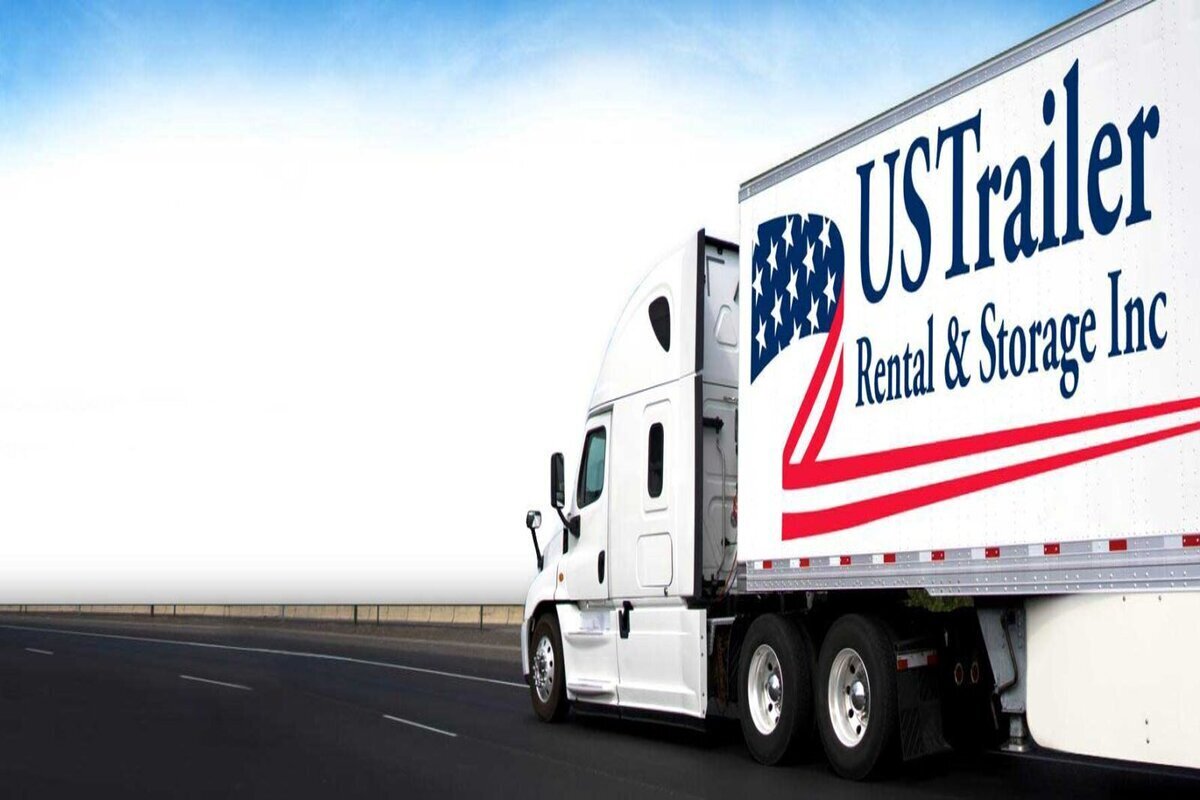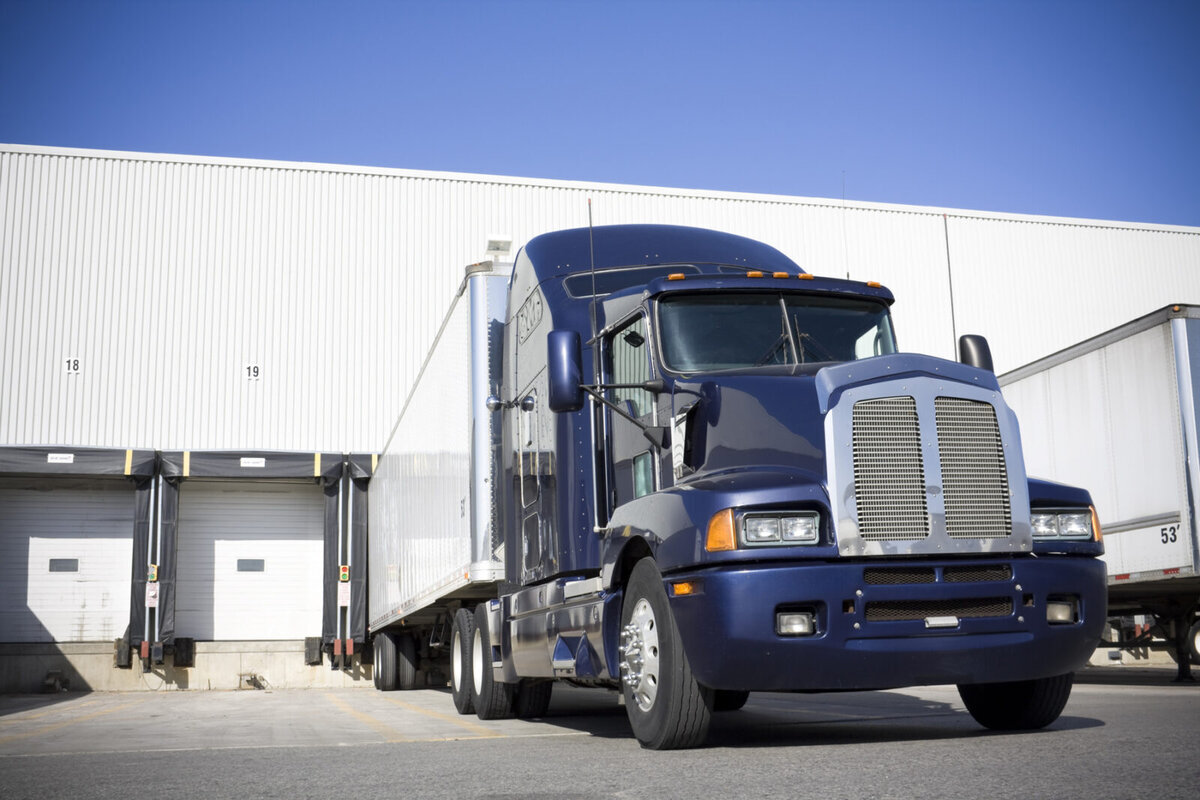The logistics and warehousing industries are expansive, with a plethora of tools, machinery, and equipment in play. One such equipment is the dry van trailer. In this article, we’ll dive into what a dry van trailer is and how it’s primarily used in various sectors.
What is a Dry Van Trailer?
A dry van trailer is essentially a large mobile box mounted on wheels. It’s designed to transport freight securely, ensuring the cargo inside remains safe from external factors like weather. Think of it as a portable warehouse on wheels.
Uses of Dry Van Trailers
Transporting Freight
Though primarily seen on highways carrying goods from manufacturers to retailers, not all dry van trailers are used for long-haul freight shipping. Many businesses rent them for local transportation, especially between warehouses within the same city or region.
Portable Warehousing Solution
More than just transport tools, these trailers serve as temporary storage solutions. Many businesses, especially manufacturers, use these trailers as an extension of their warehouse floor.
They come in handy when there’s extra inventory or a need to scale storage capacity temporarily. Instead of constructing a new facility or renting an expensive warehouse space, businesses can opt for these trailers.
Specifications and Features
Roadworthiness
All dry van trailers designed for transport should be roadworthy. This means they adhere to specific regulations, with current DOTs (Department of Transportation certifications) on them, allowing them to be safely transported over the road.
Sizes and Dimensions
Dry van trailers come in various sizes to cater to different needs. The 53-foot trailer is by far the most popular choice for many businesses. However, there are other sizes available, like the 48-foot and 28-foot trailers. Customers usually opt for the smaller ones when space constraints prevent them from accommodating the larger 53-foot trailer.
Door Types
Depending on the specific needs and application, these trailers come with two types of doors:
- Swing Door: The swing door allows for maximum storage space as you don’t lose any overhead room. However, the downside is that you can’t open and close them when they’re positioned in a dock door.
- Roll Door: The roll door can be opened and closed even when the trailer is in a dock door, which can be a convenience for many. However, this comes at the cost of some overhead space. If you’re transporting tall freight, you’ll need to consider this loss of space.
Conclusion
The dry van trailer has established itself as an indispensable tool in the logistics and manufacturing sectors. Whether for transporting goods across vast distances or acting as a temporary storage solution, these trailers offer flexibility and scalability. For businesses looking to make the most of their logistics or warehouse operations, understanding the nuances of dry van trailers can be a game-changer.
If you’re considering adding a dry van trailer to your operations or need more information on the subject, feel free to contact us. Our team of experts is always ready to guide and assist you.






